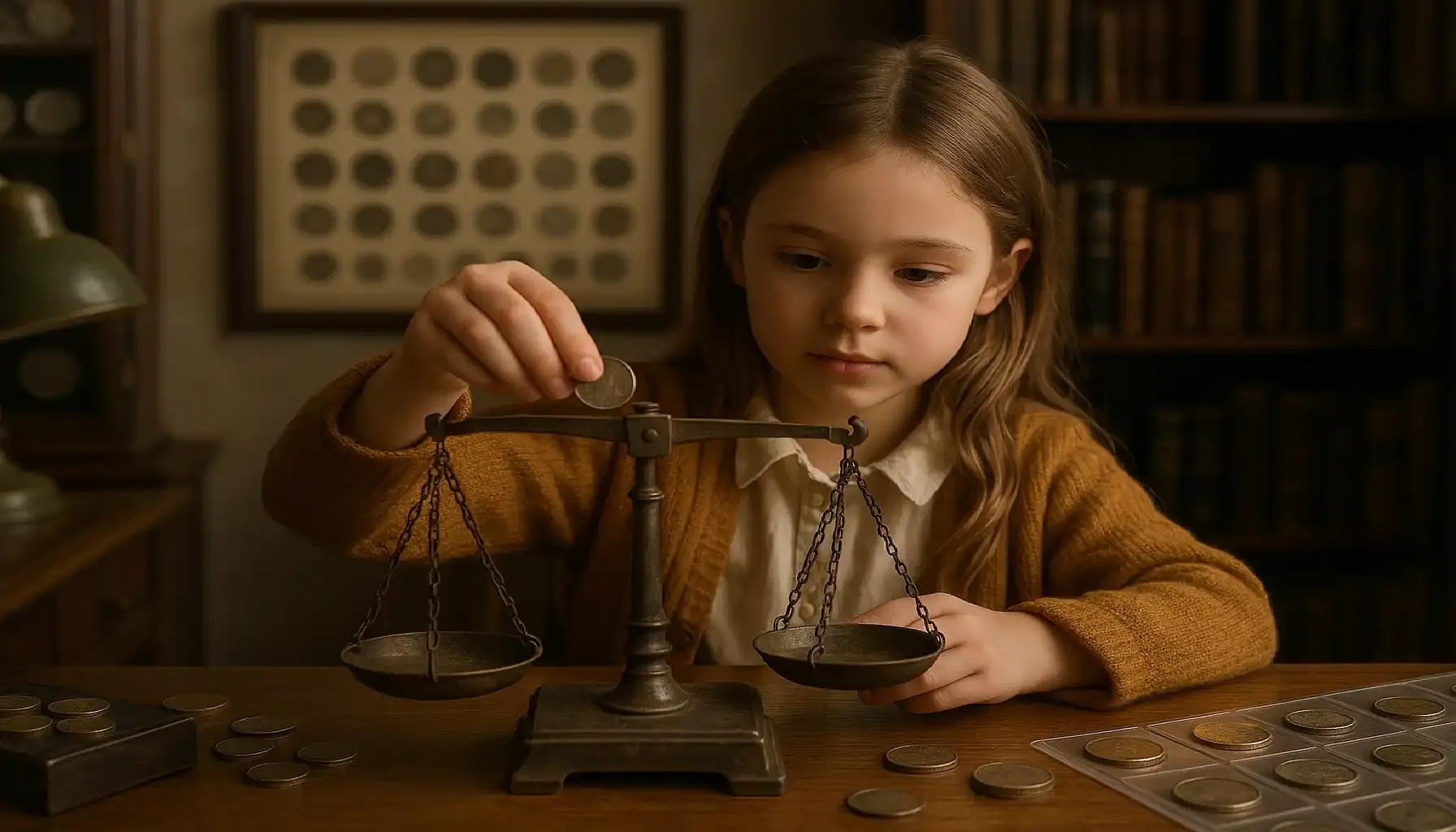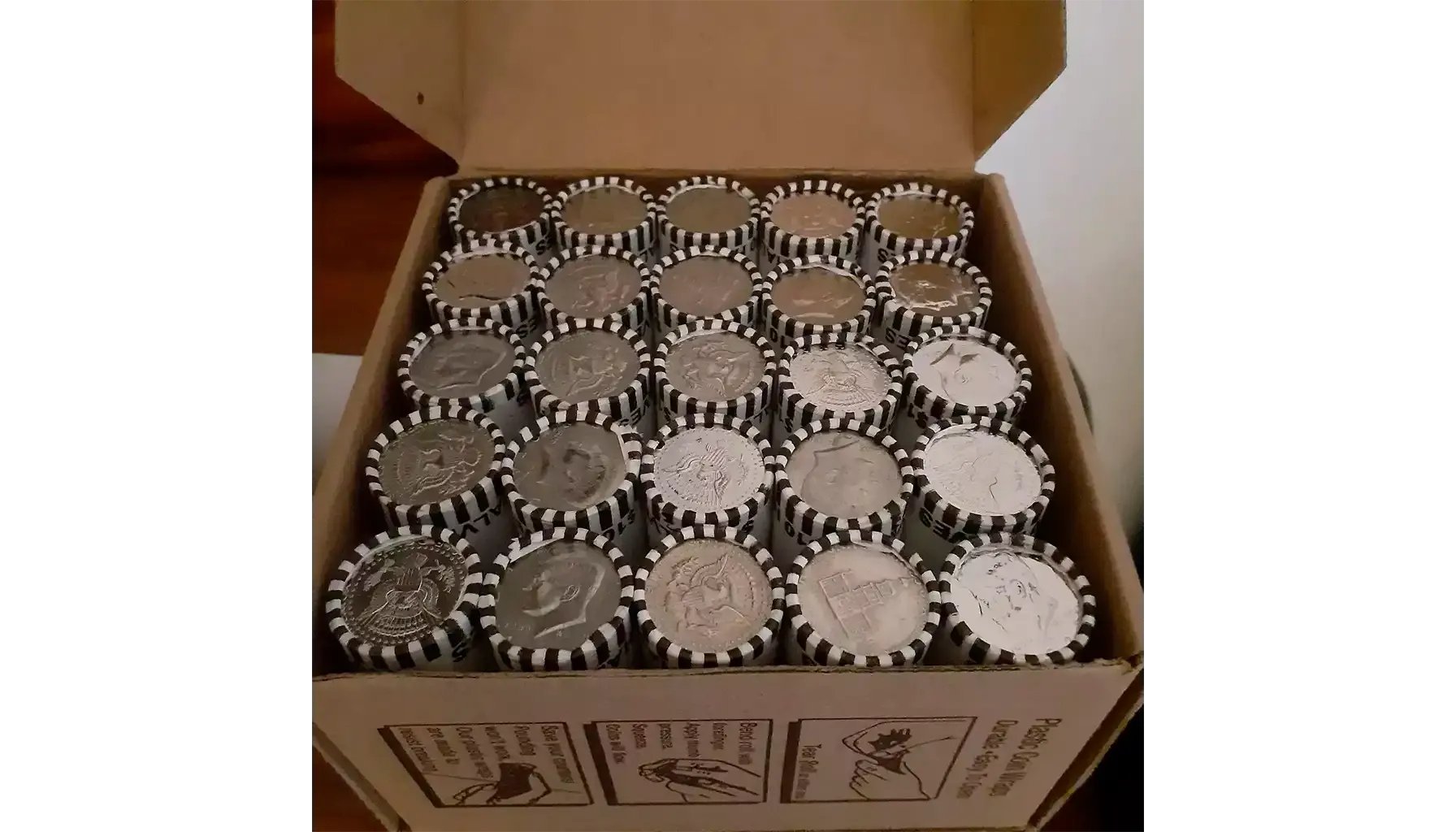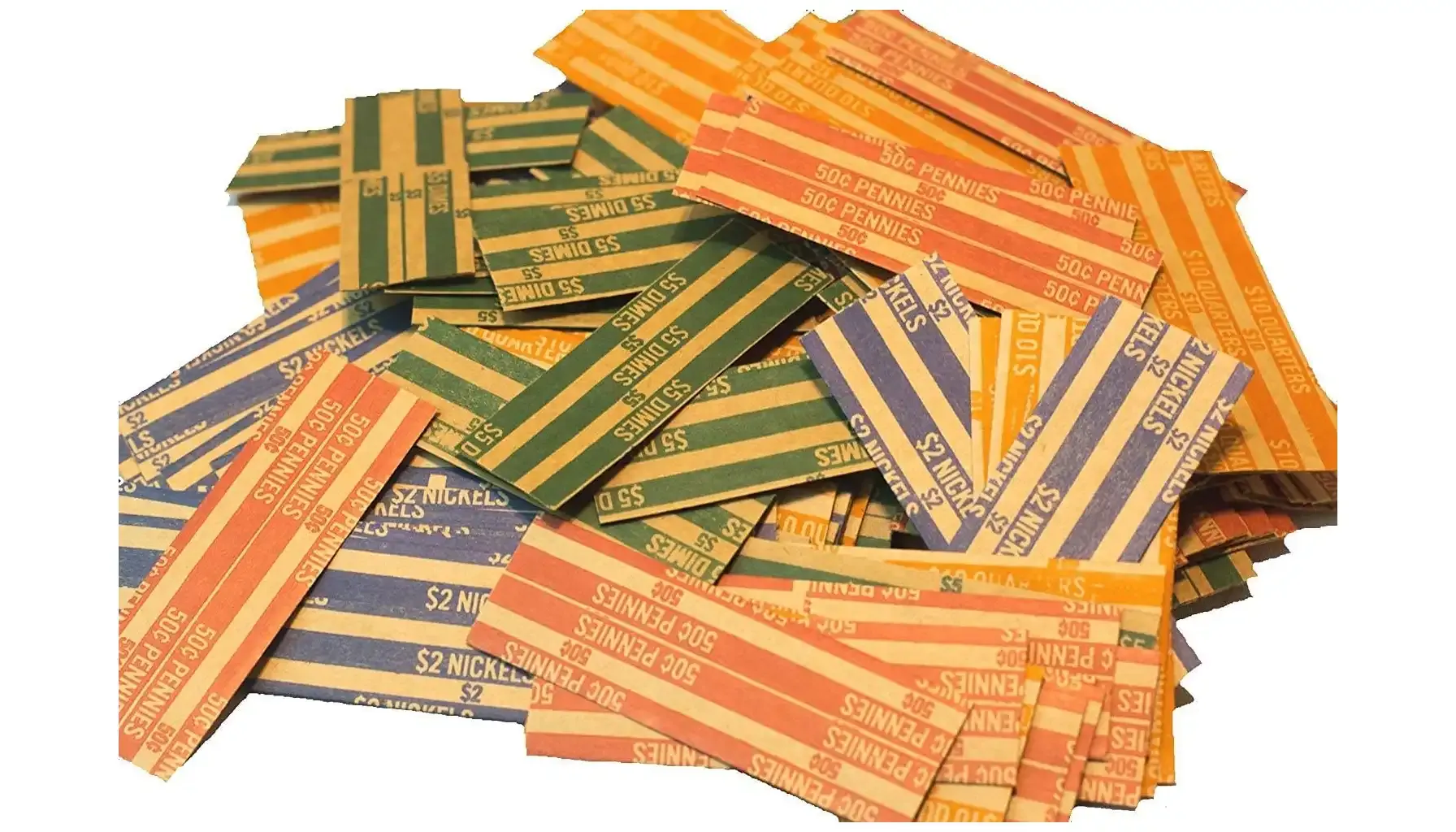Contents:
Building a collection is indeed a rewarding aspiration, yet those who have only entered the numismatic sphere are usually prone to making beginner coin collecting mistakes. These may severely harm the value of your efforts, but do you wish to ruin everything you are devoted to?
So as to become a bit more conscious appreciator and identify coins for your collection, we have compiled a coin collecting guide for beginners who do not know where to start. Explore 10 major mistakes to avoid and get one step closer to the numismatic ensemble of your dreams!
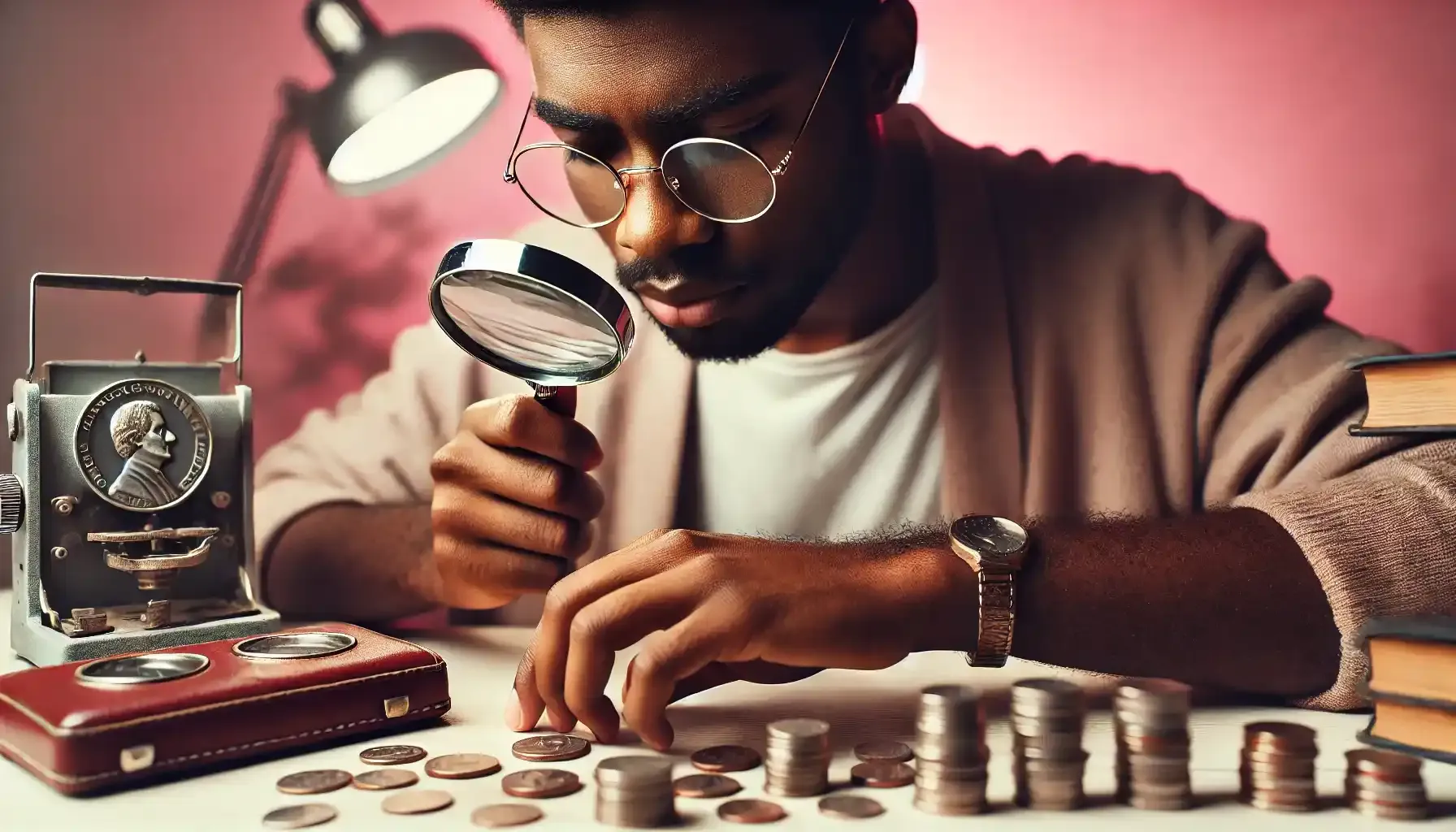
Not Researching Before Buying
It is one of the most typical coin collecting blunders to make purchases without doing adequate research first. Coins may seem precious, but there is a hidden danger of overpaying for something insignificant if you do not know their history, the level of rarity, or grade.
Or, perhaps, you have found a rare state quarter error coin but you missed it because you had not done proper research. It may be frustrating, right?
Hence, it is research that helps you avoid scams and find proper, well-informed solutions in the end. So, before making a purchase, please check reliable sources such as coin catalogs, numismatic guides, or trustworthy dealers. A great collection is built on knowledge.
Ignoring Coin Preservation
Even the most valuable coins can be destroyed by improper storage and care. For example, if you clean these numismatic creations incorrectly, you are likely to get surface scratches, which is to significantly reduce their value. Corrosion or tarnish, on their part, can be caused by humidity, coming into direct touch with bare hands or other inferior materials.
What not to do when collecting coins? We recommend that one should preserve their collection with acid-free albums, coin holders, and gloves not to mention.
Falling for Counterfeits
For new collectors, counterfeit coins can also become a painful trap. As a rule, scammers distribute copies marketed as unusual treasures. Here is the rule: these deals that look too good to be true should always be avoided. Buy coins from reliable merchants or look for third-party authentication to confirm their authenticity as soon as possible. Additional security cannot be reached with grading organizations such as PCGS or NGC.
Overlooking Coin Grading
The lack of knowledge seems like a severe problem. A coin's market value can be directly affected by grading, which defines the condition (and nothing more). For accurate calculations, use professional graders or learn the basic principles of grading schemes like the Sheldon Scale.
Neglecting Documentation
One should never forget that documentation is one of the primary numismatic mistakes. Keep thorough records of its origin, condition, date of purchase, and price In many countries, you can simply run the risk of losing important data or buying duplicates if you do not have the right paperwork. To efficiently arrange your collection and make wise choices, use digital tools, spreadsheets, or applications, as well as the benefits of services like PCGS and NGC.
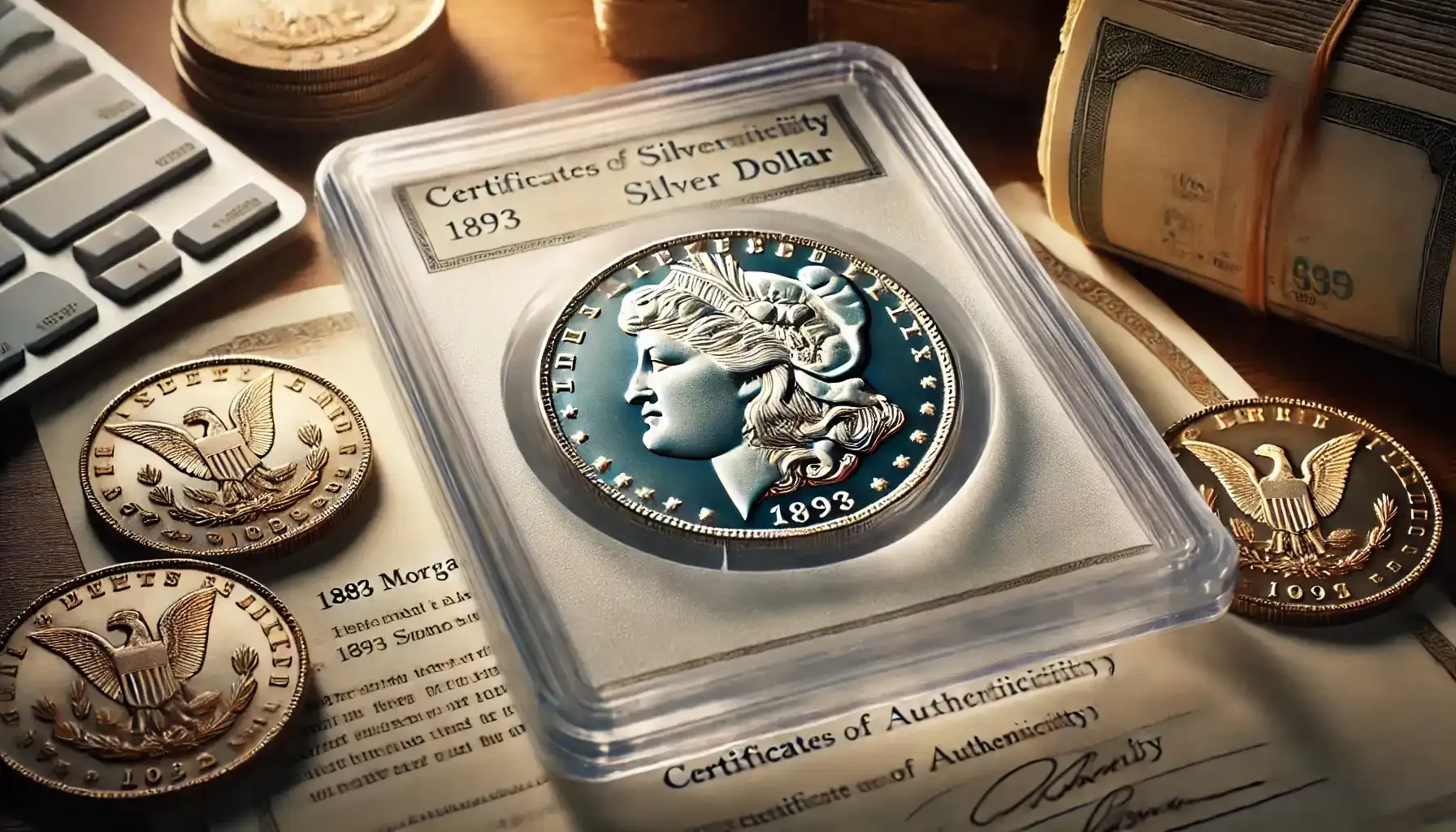
Relying Too Much on Trends
Should you case trends only, you might be disappointed one day. Although the value of popular coins may increase momentarily, they may gradually vanish. As for the long-term solutions, these may harm your collection (results from collecting based on ephemeral trends rather than historical or inherent value).
Disregarding Market Research
Demand, scarcity, and economic variables all affect coin values. You risk overpaying or losing money if you don't do market research. Monitor numismatic news, price guides, and auction results to make better investments and spot chances to expand your collection even more.
Storing Coins in Humid Conditions
Humidity is an enemy of any collection for sure. Moisture might promote discoloration, corrosion, and tarnish, particularly in coins that contain a lot of copper or silver. Damage is even more accelerated when coins are kept in moist basements or without adequate protection. Instead, use sealed containers, silica gel packets, or climate-controlled areas to avoid humidity-related beauty and value for years.
Failing to Seek Expert Advice
Coin collecting errors should not cost too much. How do we know that? Numismatists, experts, and longtime collectors are ready to provide helpful data on coin values, authenticity, and market trends. This can also refer to specialized apps like Coin ID Scanner that deliver professional messages about coins from all over the world, even the most valuable error coins. Engage with the community and do not neglect professional coin collecting tips!
Buying on Impulse
Those who are afraid not to know how to avoid damaging collectible coins should primarily stop buying on a whim. Emotional purchasing without due diligence may lead to copies or exorbitant pricing. Instead, make a detailed plan for collecting, establish a limit on your spending, and thoroughly examine every purchase. Your collection will be useful, meaningful, and in line with your interests if you collect with consideration.
Coin collecting advice: gain your own experience and do not be afraid to make mistakes. These are the things that make us who we are.

